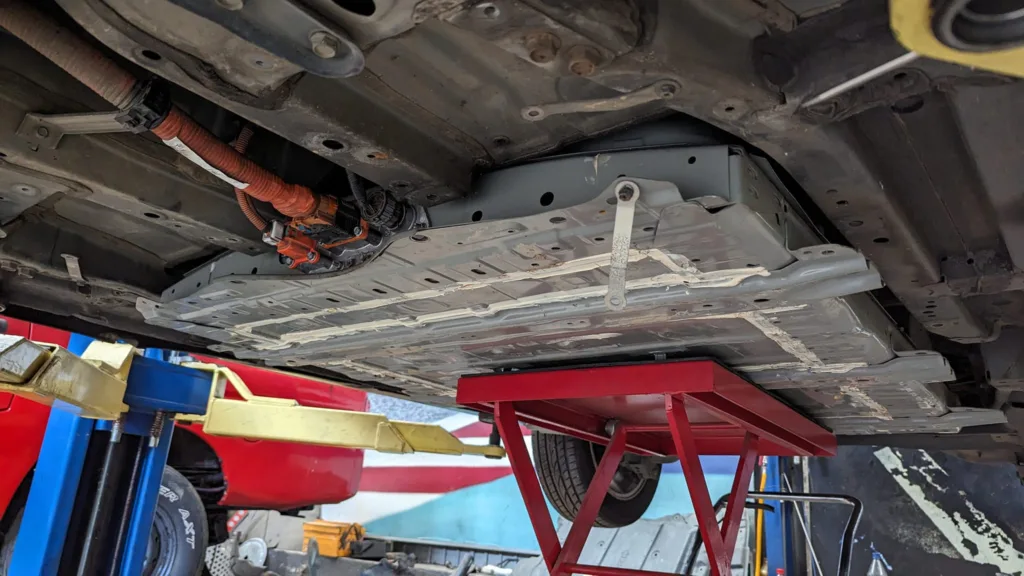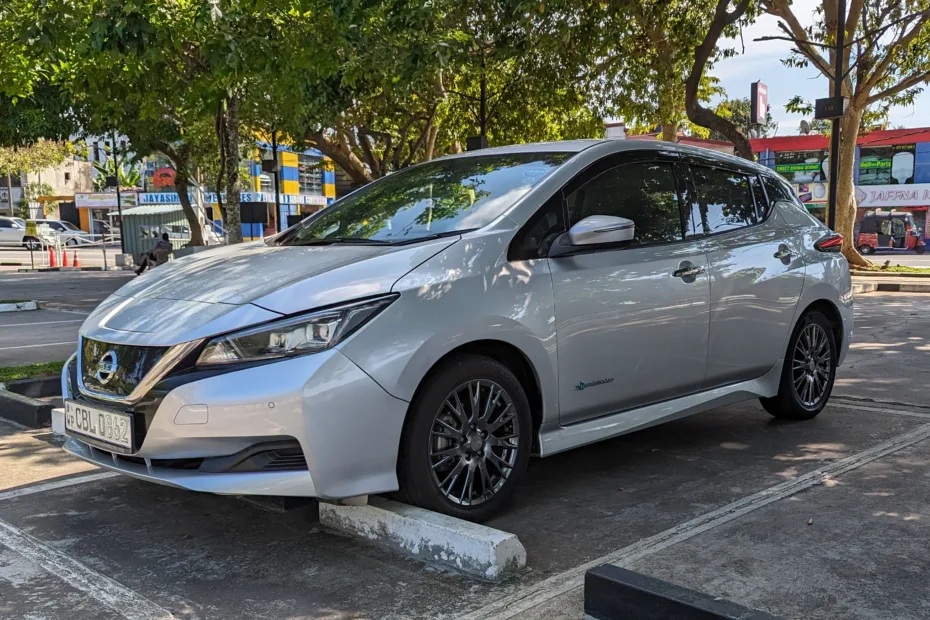Nissan will switch from NCM to LFP lithium-ion batteries with lower-cost materials, with plans to lower the prices of EVs in emerging markets, from 2026, Nikkei Japan reported on 30 Jan 2024.
Lithium iron phosphate (LFP) batteries are about 20% to 30% cheaper to make than conventional lithium-ion batteries containing nickel, cobalt, and manganese (NCM). But on the contrary LFP batteries have less energy density than NCM batteries, where the range will be reduced by 20% to 30%.
This will not be an issue for smaller countries like Sri Lanka, where the price plays a major role over the range. Better thermal management will be the biggest concern as always.

Currently, Nissan is developing LFP batteries mainly at its research and development center in Japan’s Atsugi city. The company is considering making the battery in-house at its Yokohama plant and other facilities.
The LFP batteries are expected to be used in EVs in 2026 or later. In addition to collaborating with multiple battery makers, Nissan is exploring the potential for procurement from outside the group.
Chinese EV maker BYD has taken the lead in developing LFP batteries, while compatriot CATL has released a newly designed LFP battery model. In Japan, Toyota Motor and AESC Group are looking to develop the batteries, but extending the driving range has remained a challenge.
In 2022, 27% of new EVs contained LFP batteries, according to the International Energy Agency, a huge jump from 3% three years earlier. Chinese-made vehicles use 95% of the LFP batteries manufactured for EVs. In China, electric vehicles with LFP batteries surpassed those using NCM in 2021.
BYD’s market share in LFP batteries in China exceeds 40%, according to a Chinese industry group. Using the batteries, the company has lowered the prices of EVs and grown auto sales in China, leading to BYD’s sales surpassing those of Tesla for the first time in the fourth quarter of 2023.
Nissan plans to sell 27 electrified models by 2030, including EVs. It aims to commercialize solid-state batteries as soon as fiscal 2028, but a range of issues remain in such areas as cost and durability.
~ Courtesy of Nikkei Asia
